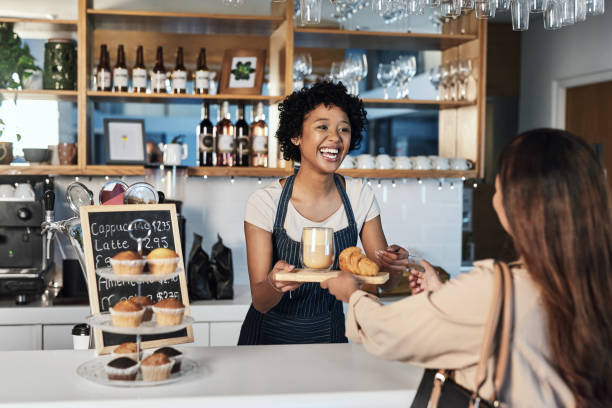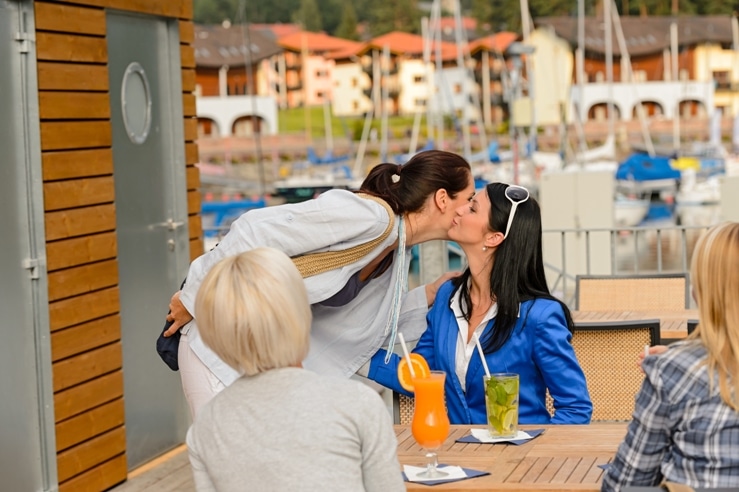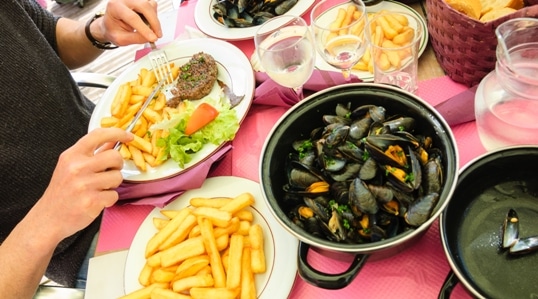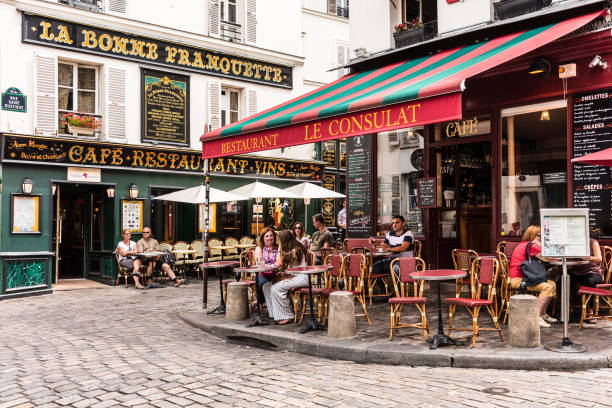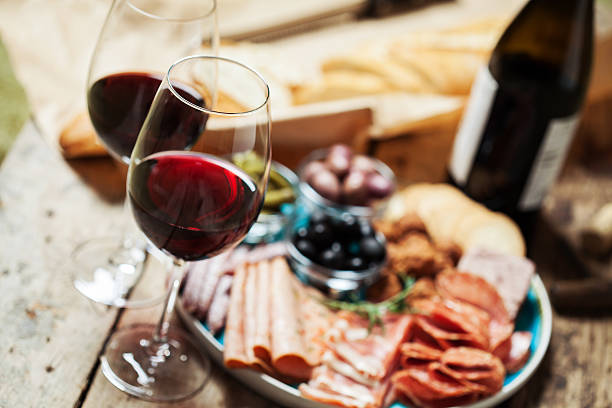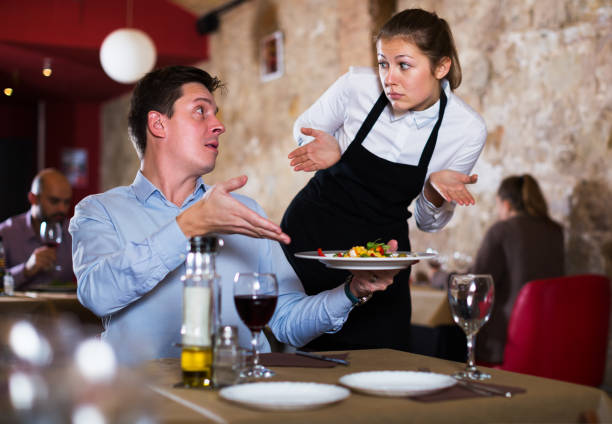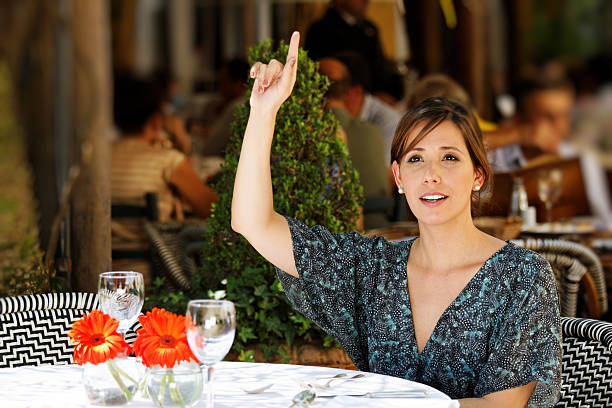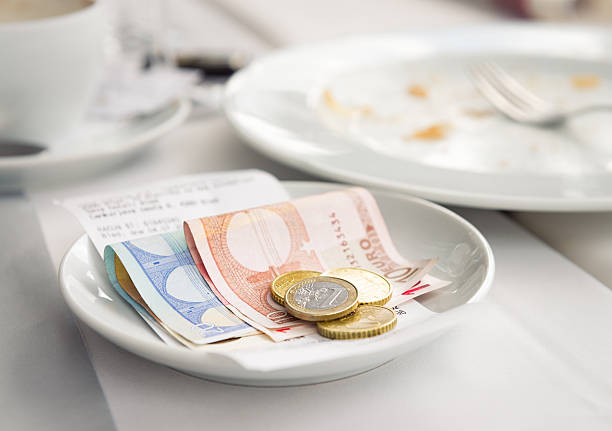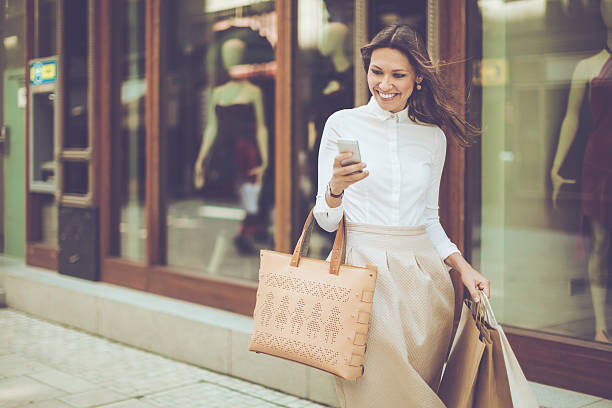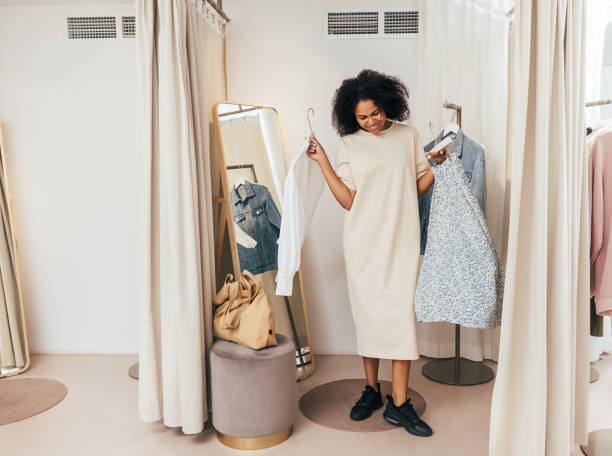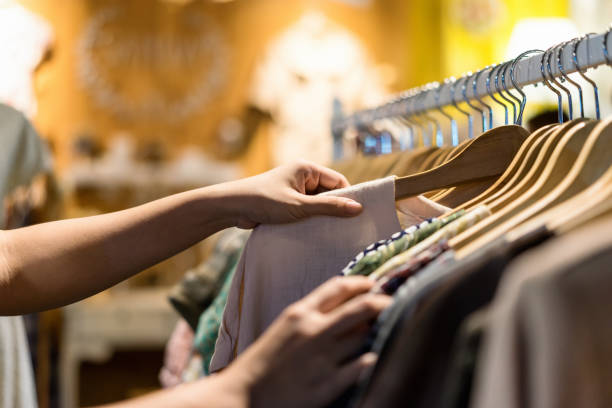
25 French Customs You Should Know
Nobody is totally immune to culture shock while traveling abroad, and France is a country that has especially distinct social norms.
So if you want to fit in with the locals, you need to familiarize yourself with French customs.
Read on to see what you can do to better blend in with native speakers.
Contents
- 1. Always say hello
- 2. Greet with kisses on the cheek
- 3. Have an extended lunch
- 4. Enjoy multiple-course meals
- 5. Partake in the social drinking hour
- 6. Eat dinner later in the evening
- 7. Refrain from changing dishes on the menu
- 8. Request for the check
- 9. Leave the leftovers behind
- 10. Save tipping for exceptional dining service
- 11. Put effort into your outfit and appearance
- 12. Welcome corrections in your French
- 13. Hand your payment directly to cashiers
- 14. Only take 1-2 items into the dressing room
- 15. Keep your hands to yourself when shopping
- 16. Bring your own shopping bags
- 17. Speak a bit quieter
- 18. Be flexible with your personal space
- 19. Ask for water
- 20. Live at a slower pace
- 21. Sit down to eat or drink
- 22. Address the ladies with the proper title
- 23. Shop at your local pharmacy often
- 24. Get comfortable with nudity
- 25. Savor the alcohol
Download: This blog post is available as a convenient and portable PDF that you can take anywhere. Click here to get a copy. (Download)
1. Always say hello
One of the biggest mistakes that English speakers make when they visit France is forgetting to say hello.
In English, it can be pretty normal to lead a conversation with a question, but if you walk straight up to a French person and immediately ask, “où sont les toilettes ?” (where is the bathroom?), you’ll likely be seen as rude.
Always say bonjour (hello) when you enter and leave a store and before starting any conversation, no matter how big of a hurry you’re in!
2. Greet with kisses on the cheek
In France, you’ll likely be greeted by locals with two kisses on the cheeks, known as la bise.
A handshake is usually seen as too formal and is normally reserved for the sick, unfamiliar men and business meetings.
La bise doesn’t include actual lip-to-cheek contact, but rather placing cheek-to-cheek and kissing the air.
Usually, you start with the right cheek and move to the other side. However, the amounts of kisses may vary from region to region—with some giving up to three to four kisses, according to the video below.
Since the pandemic, la bise was discouraged and replaced with Covid-friendly ways to greet each other, such as elbow bumps.
La bise has made its return, but the best thing to do as a foreigner is to take your cue from the locals.
3. Have an extended lunch
Unlike the U.S. where lunch is a 15-minute break spent scarfing down last night’s leftovers, lunch holds great importance in France.
Most students will return home for two hours to enjoy a hearty meal with the family. Adults will also go on break for up to two hours and eat at home or meet up with friends or family at a restaurant for a long, multiple-course meal (see next section).
Since lunch is so important, it also is the biggest meal of the day, so be prepared to have more than just a sandwich!
4. Enjoy multiple-course meals
As for the meal itself, a typical structure is entrée, plat (main course), fromage (cheese) and dessert.
The entrée will usually be an appetizer such as radishes with sea salt, escargot (snails) or even something more filling depending on the following courses and personal preferences.
The main course will typically consist of a vegetable and meat dish. Carrot, zucchini, chicken, steak and fish are all commonly a part of the main course.
Salad can also be offered after the meat and vegetables have been finished. Of course, accompanying these plates is always pain (bread) and a bottle of vin (wine).
Finally, you may receive some cheeses after the main dish. You can also choose a dessert for the finale.
5. Partake in the social drinking hour
Around 6 pm, you will see French restaurants fill up with groups of friends, but most tables will only have drinks and light snacks on them.
This is known as apéritif or the social drinking hour that occurs before dinner. This cherished time with friends is filled with palate-cleansing cocktails and good conversation.
The goal is to start working up your appetite in preparation for dinner and enjoy time with your friends and family.
There are certain types of drinks and snacks that are enjoyed at this time, including things like cheese, nuts and olives—accompanied by light alcohols such as kir, spritzes and white wines.
6. Eat dinner later in the evening
If you sit down at a restaurant for dinner at 5 pm in France, be prepared to receive some strange looks.
That’s because the French don’t typically eat dinner until about 7:30 pm. Some don’t even make it until even later!
Since dinner is later and lunch is so big, French dinners also tend to be lighter fare.
7. Refrain from changing dishes on the menu
In the U.S., it’s pretty acceptable to ask for someone to “hold the onions” or substitute fries for a salad, but this isn’t generally appreciated at French restaurants.
When you sit down at a French restaurant, what you see on the menu is what you get!
Unless the menu indicates you have an option, asking to change a dish can be seen as disrespectful to the cook.
Be sure to look over a menu before you sit down, and accept the possibility that you might just need to pick out the toppings you don’t like!
8. Request for the check
The French really hold mealtime to be sacred, so it’s considered rude to drop off a check without a table asking for it, as it’d be seen as the server rushing you out.
For this reason, when you’re ready to pay, wave your server down and let them know you need the check.
9. Leave the leftovers behind
You might be used to taking leftovers home in a box after a big meal, but most French restaurants don’t even have to-go boxes available for sit-down meals.
Asking for a box may be met with a strange look, depending on where you’re at.
Some more casual establishments like pizza restaurants may be more relaxed about this, but if you go to a nicer restaurant, either finish your meal or leave your leftovers behind.
I wouldn’t worry about this too much though, since French portions are typically smaller anyway.
10. Save tipping for exceptional dining service
Tipping 15-20% is generally expected when you eat out in the U.S., but France (and most of Europe) is a lot more relaxed about this.
French servers aren’t reliant on tips to supplement their income, so you really only tip if you had great service. Even then, closer to 10% is the norm.
11. Put effort into your outfit and appearance
The French are known for dressing their best, at all times. You likely will not catch a French person out in public in sweatpants or athleisure.
Of course, your personal style is up to you and you can wear what you want. But if you want to fit in with the locals, put some thought into your outfit and personal appearance!
12. Welcome corrections in your French
If you’re practicing your French and a native corrects you on your pronunciation or grammar, don’t take offense.
Some people interpret this as the French being snobby, but most of the time, they’re just trying to be helpful.
Listen to what they say and don’t let your mistakes discourage you.
13. Hand your payment directly to cashiers
 If you’re paying for something, don’t just drop the money on the counter for the person to pick up. Either give it directly to the person or put it on the money tray (if available).
If you’re paying for something, don’t just drop the money on the counter for the person to pick up. Either give it directly to the person or put it on the money tray (if available).
14. Only take 1-2 items into the dressing room
When shopping for clothes in the U.S., it’s normal to go through the whole store, gather everything you like and take it all into the dressing room at once.
In France, you will usually only try one or two things on at a time, so that you aren’t taking too long in the dressing room while people are waiting.
15. Keep your hands to yourself when shopping
Some cultures are very touchy-feely when shopping, but this isn’t normalized in France.
Resist the temptation to touch clothes you don’t intend to try on. Also, refrain from picking up an antique you’re not planning on buying.
16. Bring your own shopping bags
Whether it’s at the grocery store, outdoor market or clothing boutique, most French will use reusable bags when shopping.
You won’t be judged for not having your own bags, but you usually have to pay for bags the stores provide. Save yourself some money by investing in a cheap tote!
17. Speak a bit quieter
A dead giveaway to someone being a foreigner is if they speak really loudly.
The French tend to be more reserved and speak quieter. If you don’t want to stick out like a sore thumb, watch your volume in public spaces.
18. Be flexible with your personal space
Europeans in general tend to be a bit more comfortable getting up close and personal with strangers.
Despite the French being rather private, they may stand closer to you than you’re used to.
19. Ask for water
There aren’t many public drinking fountains in Europe, and if you sit down at a restaurant or café, you need to specify that you’d like to have water.
It’s also good to know that if you just say water, most people will assume you want a bottle of water. If you just want tap water, you can ask for “une carafe d’eau” (a pitcher of water).
20. Live at a slower pace
Many Americans tend to come to France and maintain the fast-paced life they know at home. Slow down!
The French enjoy the small things in life—walk a little slower, take in your surroundings, sit down for a meal and just take your time in everything you do.
21. Sit down to eat or drink
Going hand-in-hand with slowing down, the French will think you’re a bit strange if you’re shoving a baguette into your mouth or chugging a water bottle while you walk.
Doing so will make you look like you don’t know proper dining etiquette and don’t care enough to savor your food or drink.
22. Address the ladies with the proper title
It doesn’t matter if she is 18 or 180 years old—if she isn’t married, she is a “mademoiselle.”
The French culture doesn’t have an equivalent for ‘miss’ as of yet, so a woman is either considered married or single when it comes to addressing them with a title.
23. Shop at your local pharmacy often
Aside from boulangeries (bakeries), pharmacies are probably the establishments you will see most frequently in the streets of France.
Health is taken very seriously in France, so most French will stop by the pharmacy rather often.
The neon green crosses are synonymous with French pharmacies store medicines, hygiene products and even zimmer frames. They are EVERYWHERE.
Stopping in at the pharmacy will not only lead to you finding some great French skincare products, but looking like a local as well.
24. Get comfortable with nudity
Like Europe in general, France has a more relaxed attitude toward the human body than most other cultures would dare encourage.
You might see a topless woman advertised on a central billboard, or TV commercials with men and women smooching underwater in the nude to promote the latest French deodorant.
It can take a little getting used to at first, but soon enough, nudity will become a normal part of the French city backdrop.
25. Savor the alcohol
As opposed to the “drink to get drunk” ethos of other countries, France takes great pride and enjoyment in the savoring of alcohol.
The French tend to appreciate the taste of alcohol rather than knock back the cheapest bottle from the supermarché (supermarket).
It’s also typical to sip a glass of wine with your meal from a young age. Overall, expect a more sophisticated drinking experience in France.
You may think you know all about France from your French books, music and movies, but there’s a lot more to learn through experience.
